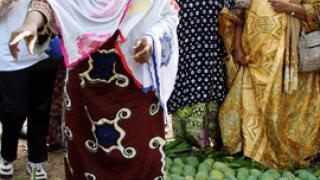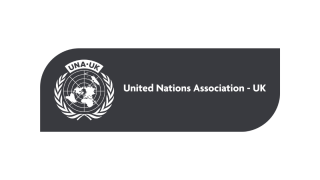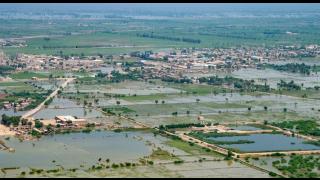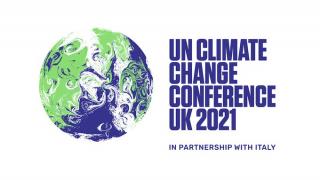
The Fourth UN Conference on Least Developed Countries (LDCs) concluded on 13 May with an ambitious target: to halve the number of LDCs within the next decade.
LDCs are the world's poorest states. They have a combined population of 885 million people, of whom 75% live on less than $2 a day. Only three countries have shed their LDC status since the category was first established in 1971.
To help more countries follow suit, the conference adopted a number of recommendations: increase the proportion of official development assistance that goes to LDCs, finance debt relief initiatives and implement duty-free, quota-free market access on a lasting basis for all LDCs. Once again, the conference also called for states to make substantial efforts to conclude successfully the Doha trade talks.
During the conference, the 48 LDCs represented also met members of the business community. The innovative 'private sector track' has been widely praised for its networking opportunities and its potential to address the gap between state commitments and delivery, particularly during the economic downturn. Dede Ahoefa Ekoue, Togo's minister for planning and development, said
"our minds now are on how to get private investment coming from outside…I heard many speakers in the plenary sessions talk about investing in LDCs, not just for the LDCs themselves but as a way of boosting all economies".
Earlier this month, UNA-UK called on the UK government to send high-level representation to the conference, and to work with UK businesses on implementing the follow-up recommendations. LDCs have enormous growth potential, managing to generate 4% growth during the financial crisis, and with a significant share of the world's strategic minerals and resources. Developing programmes and partnerships with LDCs will therefore not only help to lift their populations out of poverty, but also contribute significantly to the prosperity and security of the world as a whole.






